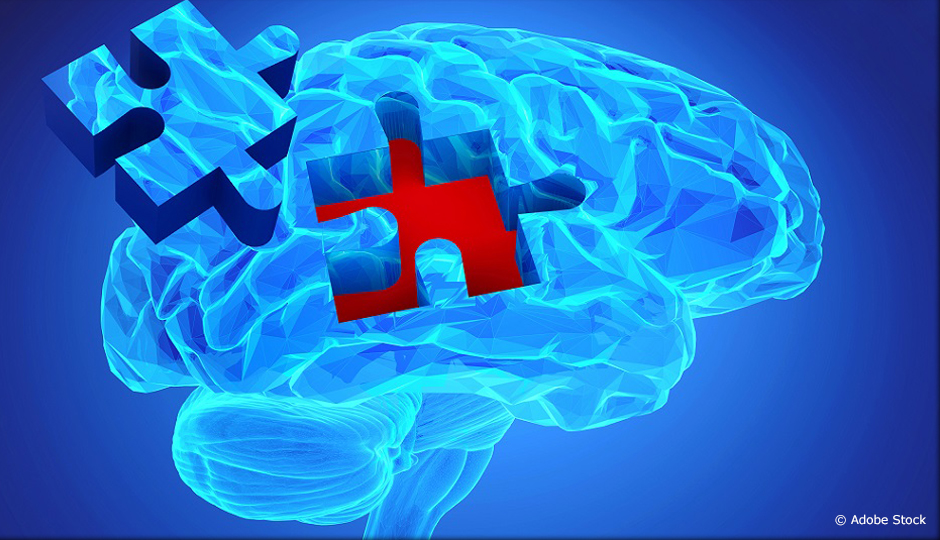As certain people age, they begin to have trouble absorbing the glucose they need to power their neurons. Low on energy, the brain gets derailed as memory, language and reasoning impairments begin to creep in. Given that these cognitive deficits also occur in Alzheimer patients, could inefficient glucose use by the brain be behind the disease?
Could providing the brain with more energy slow the development of the disease?
To explore the hypothesis, Stephen Cunnane, professor in the departments of Medicine and Pharmacology-Physiology at Université de Sherbrooke and researcher at the CSSS-IUGS Research Centre on Aging, developed an imaging tool that combines fMRI and PET to observe the glucose and ketones in the brains of people living with Alzheimer disease.
The brain needs glucose to function, just like a car needs gas. When the brain runs out of glucose, it turns to ketones: tiny energy molecules that the liver produces from certain dietary fats. After analyzing the brain scans of Alzheimer patients, Professor Cunnane observed that sufferers were unable to transport glucose but could still use ketones. These findings support a new concept: that Alzheimer disease may begin with low glucose uptake and not neural cell death: if they are able to use ketones, then the neurons are still functional!
Could providing the brain with more ketones—and therefore more energy—slow the development of the disease? The team compared the effects of a dairy product enriched with medium-chain triglycerides purified from coconut oil, a type of fat that is easily converted into ketones, and those of a placebo in people experiencing mild cognitive impairment and found that the diet strategy significantly increased ketone levels in the brain. While further studies are necessary, the researchers have already set their sights on a treatment that could provide gray matter with ketones and thus possibly slow the onset and progression of Alzheimer disease.




